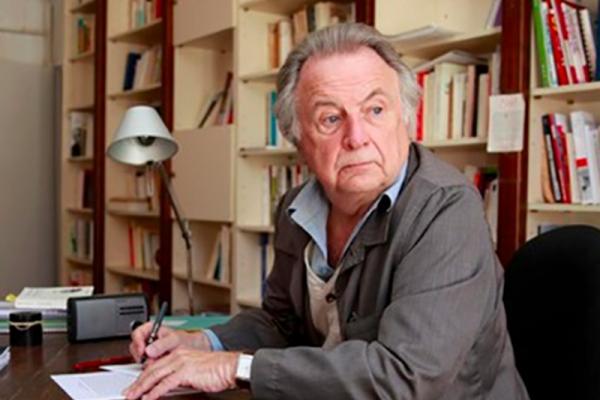Sep 13, 2017
In France’s highly secularized society, anyone who talks about religion and politics risks being written off as a closet demagogue, a Catholic traditionalist, or a potential radical Islamist. Officially, the twain should never meet.
Read the Full Article

Already a subscriber? Login
